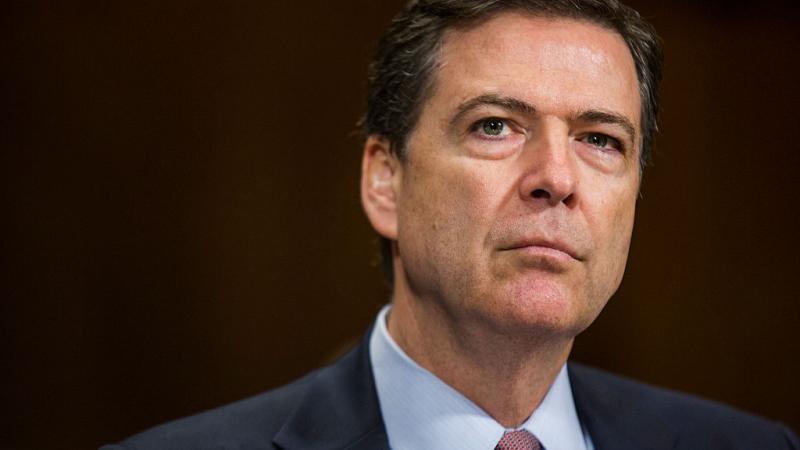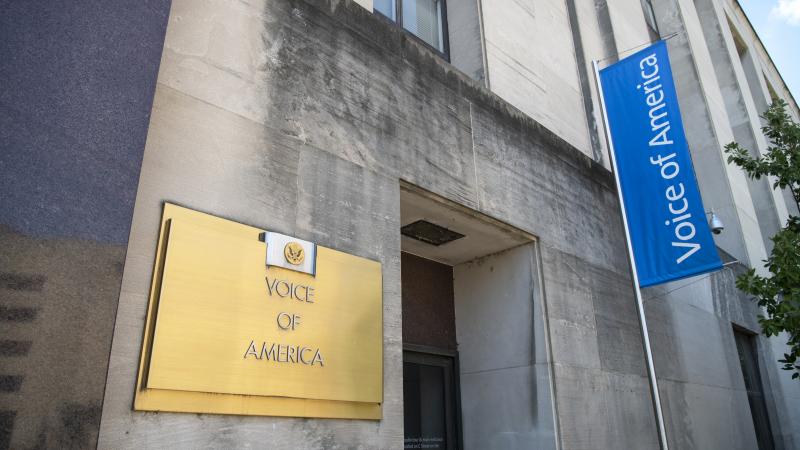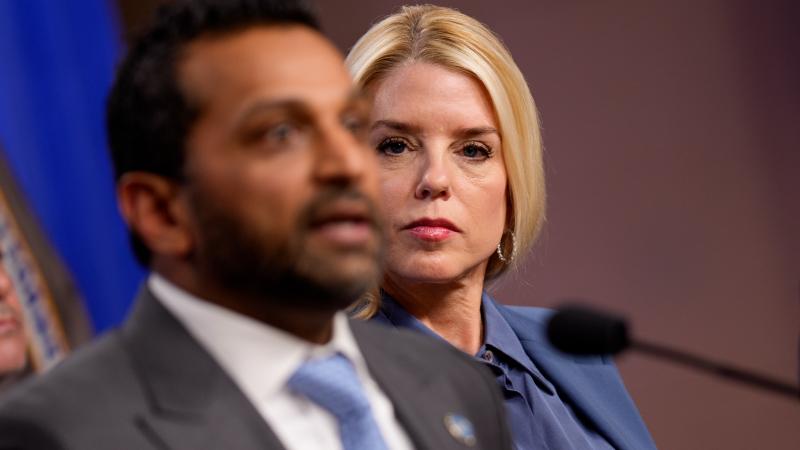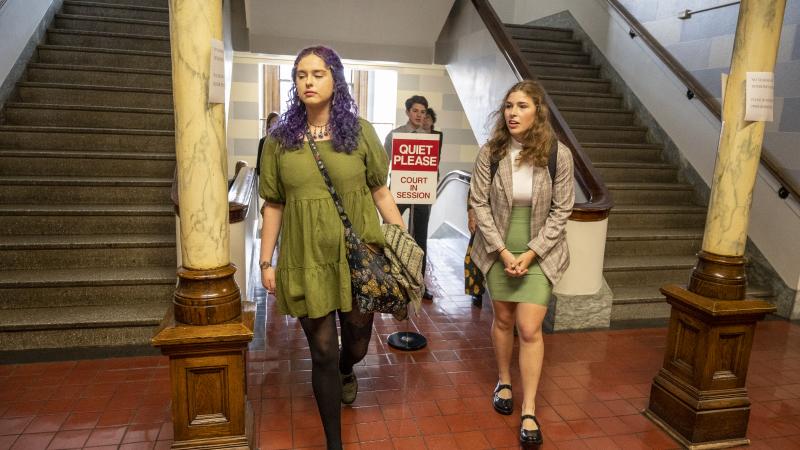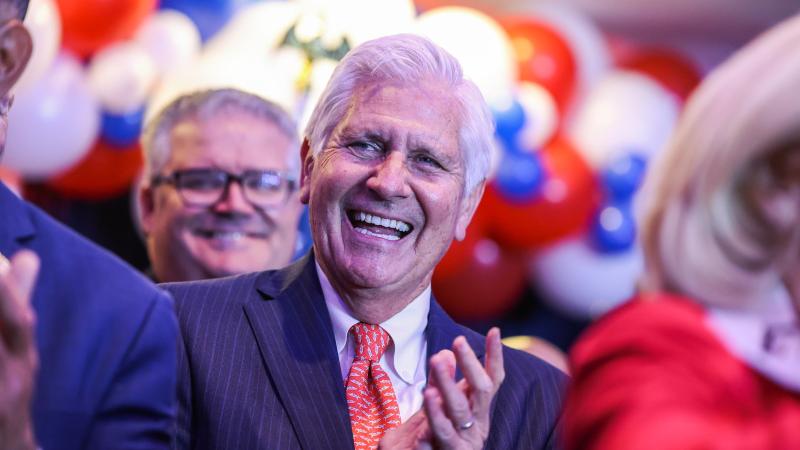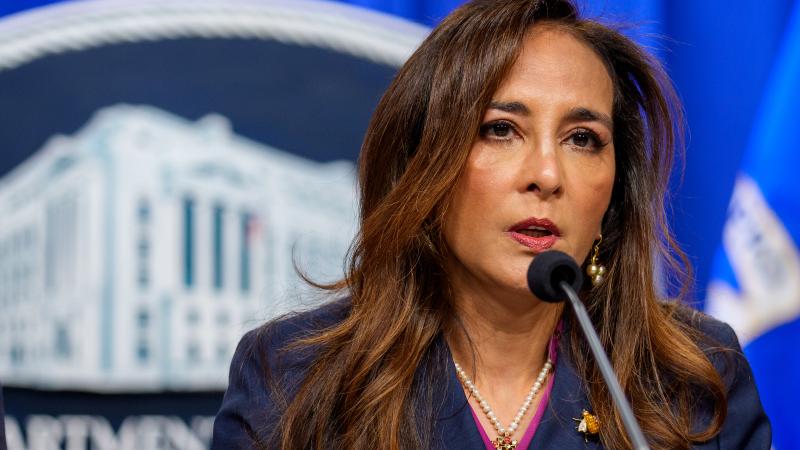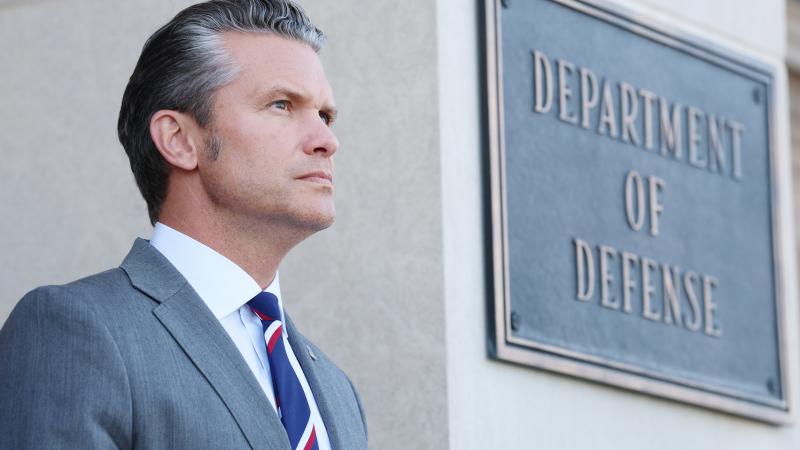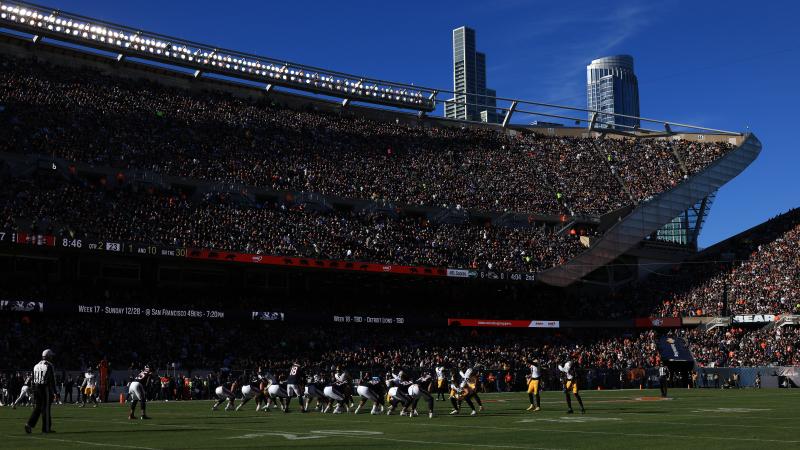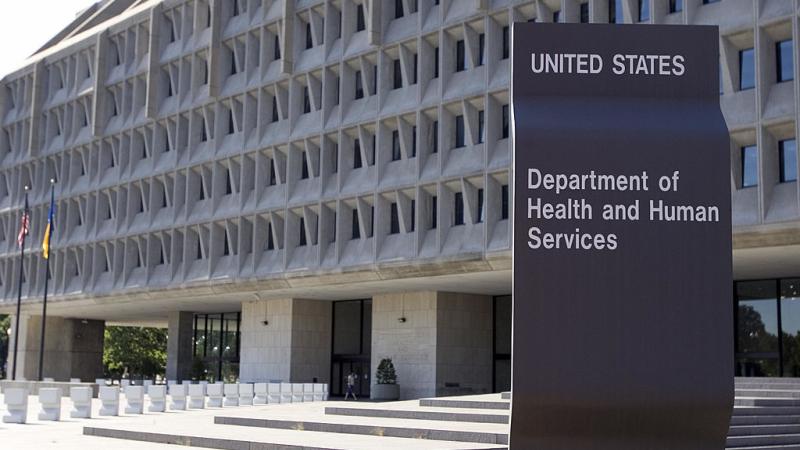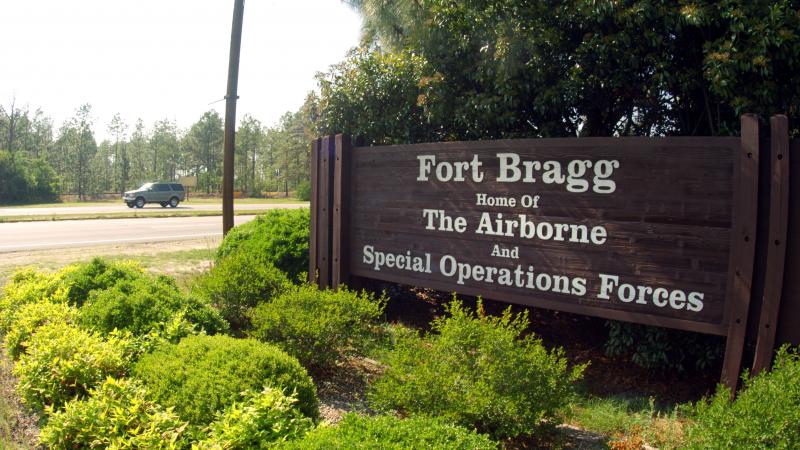Supreme Court denies South Carolina's request to enforce transgender bathroom ban on student
The order also said that Justices Clarence Thomas, Samuel Alito, and Neil Gorsuch would have granted the state's request
The Supreme Court denied South Carolina's request to enforce the state's transgender bathroom ban on a student who was born female but identifies as male.
The emergency order on Wednesday affirms a lower court’s ruling letting a transgender teenager, identified in court filings as John Doe, use her school’s boys’ bathroom as the challenge to the state’s policy continues, The Hill news outlet reported.
The court noted that its denial of South Carolina’s emergency application is “not a ruling on the merits of the legal issues presented in the litigation.”
“Rather, it is based on the standards applicable for obtaining emergency relief from this Court,” the unsigned order read.
The order also said that Justices Clarence Thomas, Samuel Alito, and Neil Gorsuch would have granted the state's request.
South Carolina’s bathroom policy was added to its annual spending bill, both last year and this year, requiring the state Department of Education to withhold some funding from districts that violate the policy.
Doe's attorneys argue that the policy violates Title IX, the federal civil rights law prohibiting sex-based discrimination. The student filed the lawsuit after being suspended for using the boys’ bathroom at school. The 4th Circuit Court of Appeals enjoined the law last month as the lawsuit continues.
“This application for emergency relief concerns one ninth-grader’s restroom use,” Doe’s lawyers argued in their response to South Carolina’s emergency application.
Alexandra Brodsky, litigation director for Public Justice’s Students’ Civil Rights Project, which is representing Doe, said Wednesday, “Today’s decision from the Supreme Court reaffirms what we all know to be true: Contrary to South Carolina’s insistence, trans students are not emergencies. They are not threats. They are young people looking to learn and grow at school, despite the state-mandated hostility they too often face.
“We are so thrilled that our client will continue to be able to use boys’ restrooms while his appeal continues, and hope today’s decision will provide hope to other trans students and their families during these difficult times.”
In South Carolina's emergency application to the court, the state had argued that the bathroom policy is “designed to protect the privacy and safety of all students in a space that has historically been recognized as intimate and vulnerable.”
South Carolina Solicitor General Thomas Hydrick said the case is “fraught with emotions and differing perspectives,” but added that that’s “all the more reason” to defer to state lawmakers as the appeal progresses.
South Carolina Attorney General Alan Wilson, a GOP candidate for governor, said in a statement, “While we are disappointed in the Court’s decision today, we respect the process and will comply with the ruling.
“This ruling only creates an exception for one student. The state’s bathroom law remains in full effect for everyone else. We may have lost this battle, but we believe we will ultimately win the war. We will continue this fight at the Fourth Circuit and, if necessary, take it all the way to the U.S. Supreme Court. We are confident the law is on our side and will be upheld in the end.”
